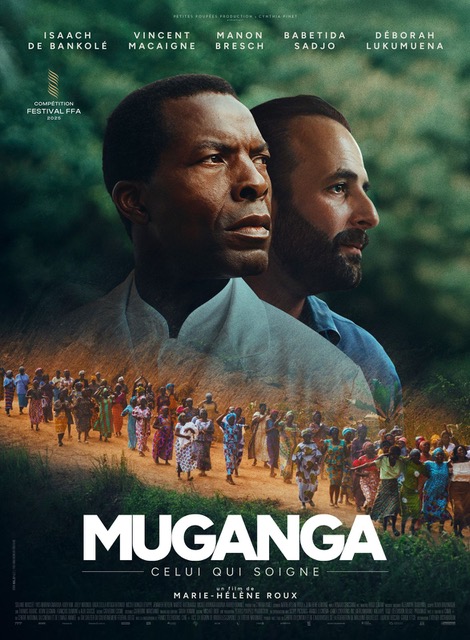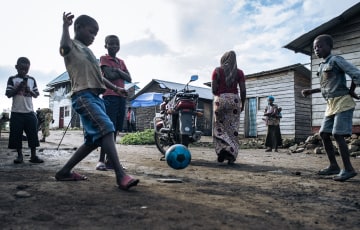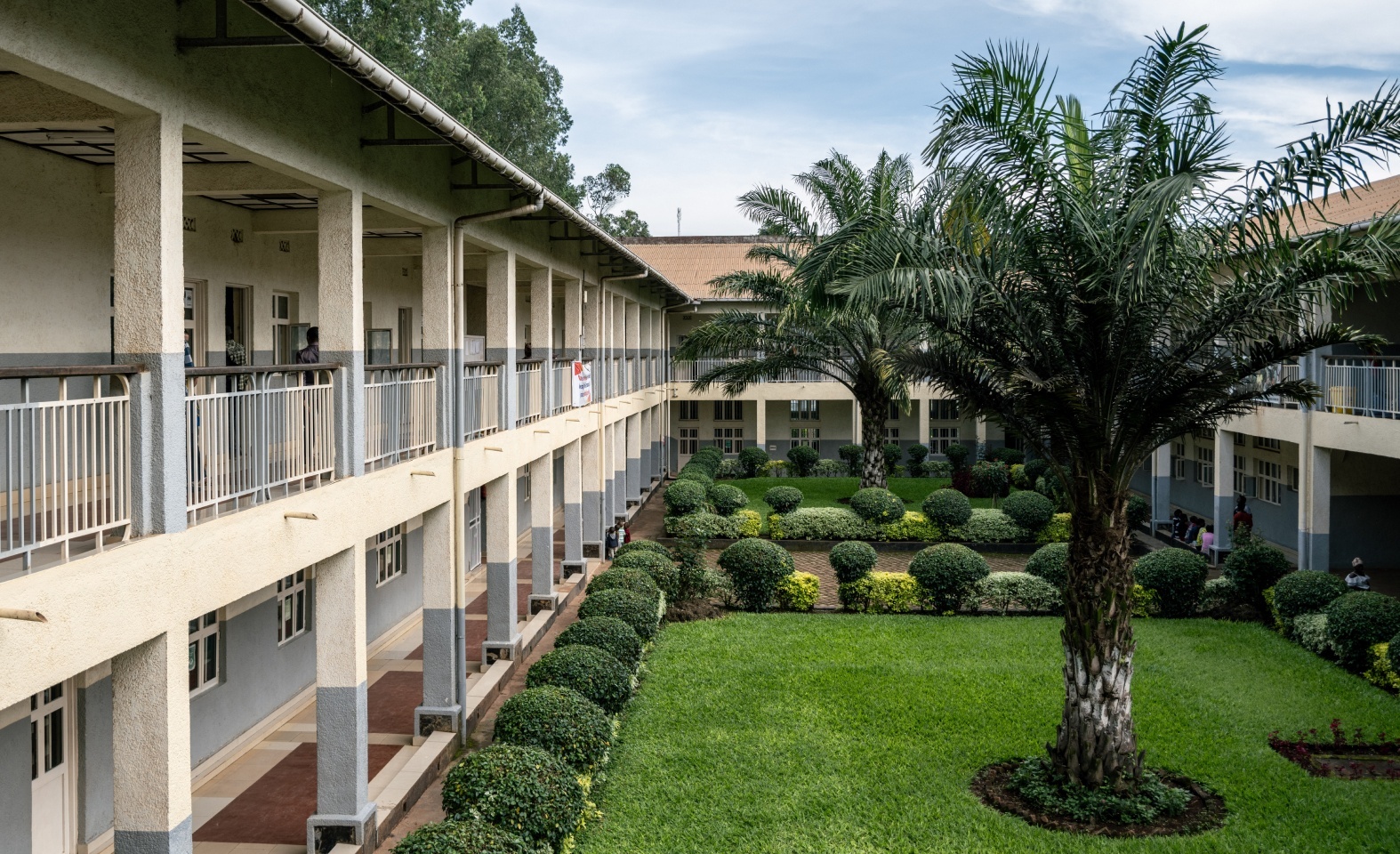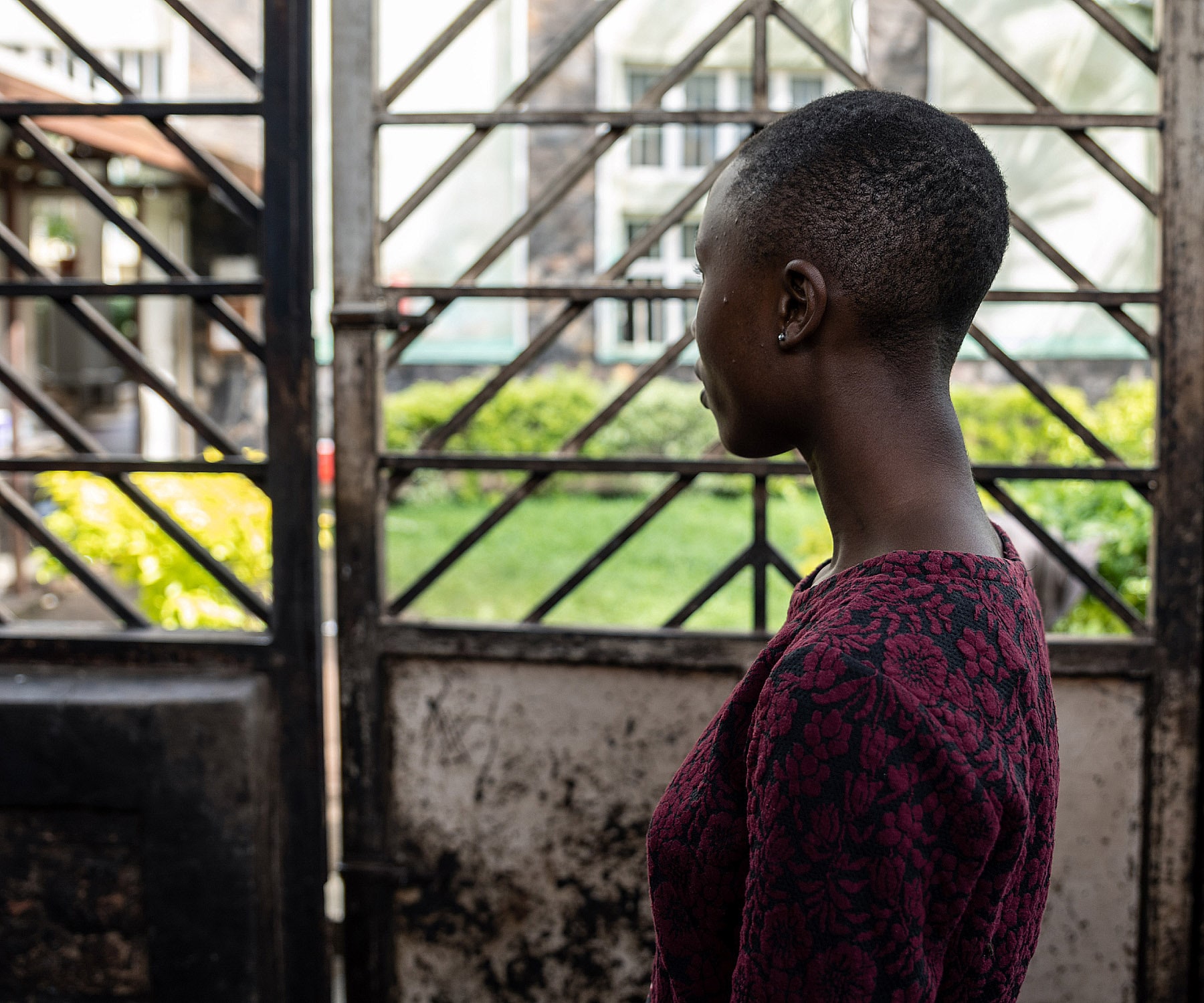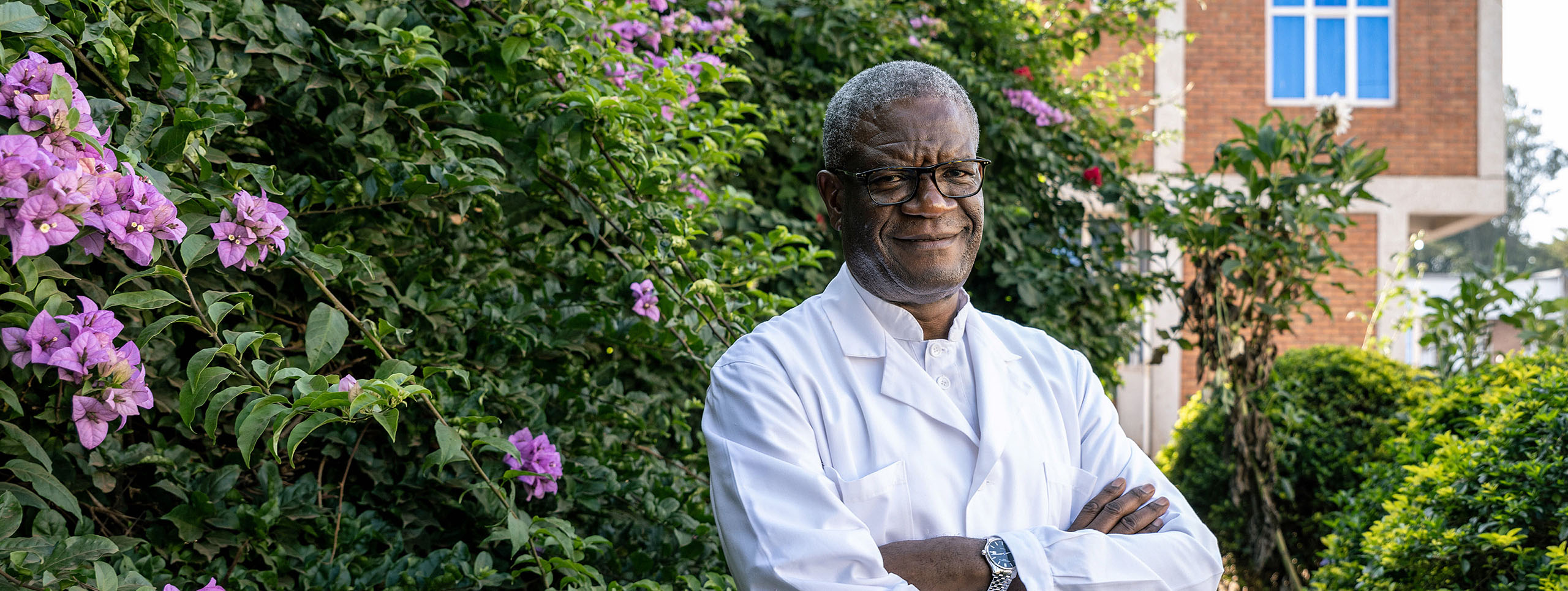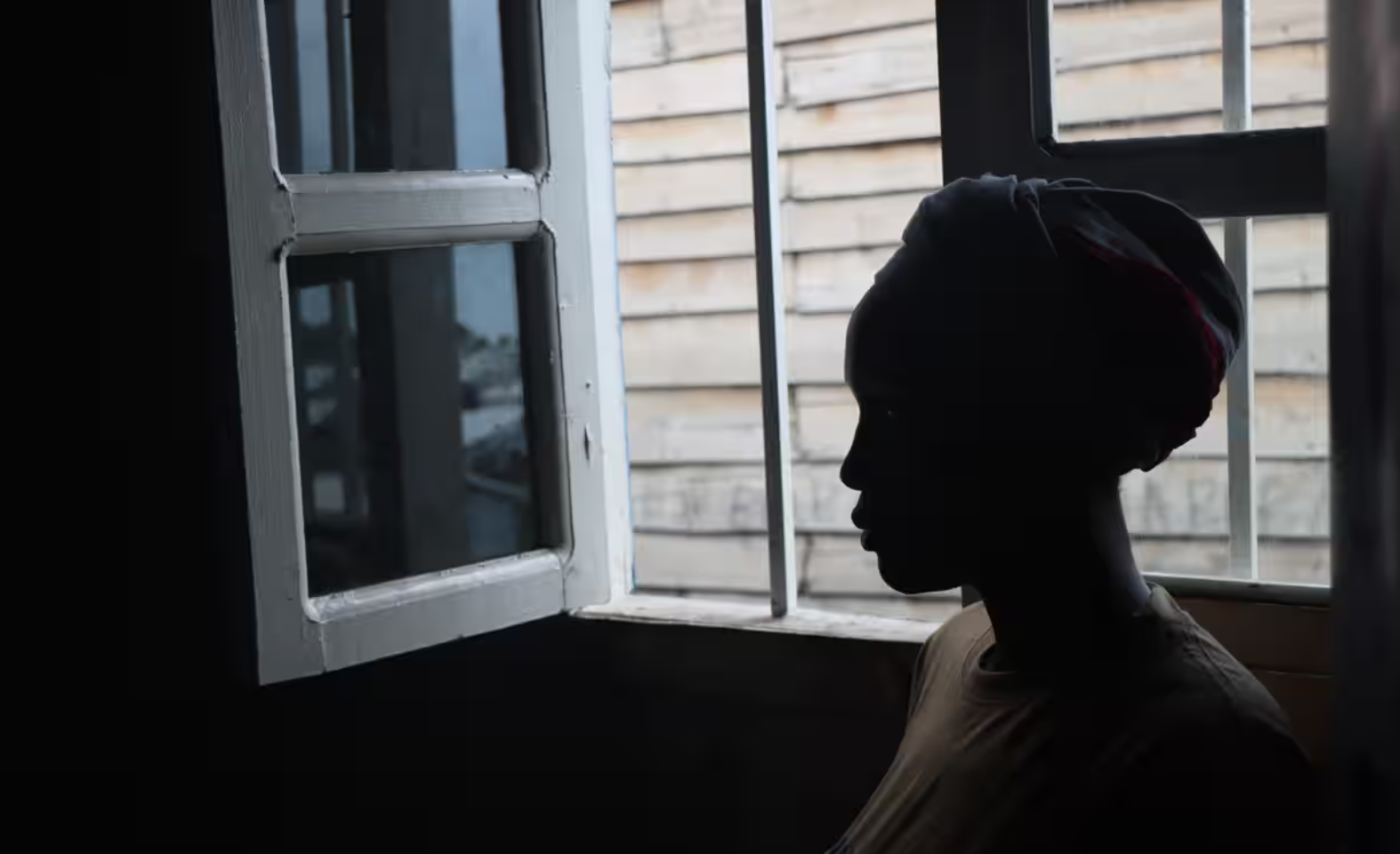July 20, 2022, Bukavu, Democratic Republic of the Congo —
The Democratic Republic of Congo is in peril. For the umpteenth time, our country is being subjected to a war of aggression by proxy, threatening national sovereignty and the integrity of our territory.
On July 13, Ms. Bintou Keita, Special Representative of the UN Secretary General in the DRC, warned the Security Council against an escalation of the situation in the east of the country, stating: “The ongoing activities of the M23 and armed groups in the eastern DRC threaten to reverse the hard-won gains in security and stability in the country and the region. During her speech, she also stressed that “with the growing conventional capabilities (of the M23), the Mission could be faced with a threat that exceeds its current capabilities,” and concluded with the following appeal to the body in charge of international peace and security: “It is imperative that the Council redouble its efforts in favor of a rapid de-escalation of the situation, and the unconditional disarmament of the M23.”
This observation by the head of the United Nations Stabilization Mission in the Democratic Republic of Congo (MONUSCO) is alarming: the already fragile and volatile security situation is deteriorating daily and the resources allocated to the UN force, mandated by the Security Council on the basis of Chapter VII, do not seem to be able to counteract those made available to the M23 by Rwanda.
Yet Security Council resolution 2612, which sets out the current mandate of MONUSCO, whose priorities are the protection of civilians and stabilization, authorizes 13,500 military personnel, 660 military observers and staff officers, 591 police officers and 1,050 formed police personnel. The Council resolution authorizes the mission to take “all necessary measures to carry out its mandate,” which includes conducting, unilaterally or jointly with the Forces Armées de la République Démocratique du Congo (FARDC), “targeted and robust offensives to neutralize armed groups and to provide effective, rapid, proactive and integrated protection of civilians through an intervention brigade. To this end, the Security Council calls on “the Congolese security forces and MONUSCO and its intervention brigade to conduct more frequent and effective joint operations, based on joint planning and tactical cooperation, to deter and prevent armed groups from continuing their activities.
As everyone knows, the coordination of UN efforts by the Commander of the multilateral force composed of numerous national contingents is not easy. While the rules of engagement should be clear before troops are deployed and contributing states should delegate command of their elements to the UN force, various capitals reserve the right to oversee or even authorize interventions on the ground, thus undermining the speed of decisions to be taken by the Mission’s military command, and thus undermining the effectiveness of its initiatives.
Nevertheless, we believe that the armed body of MONUSCO remains the most legitimate and authorized presence to support the FARDC in stabilizing the country and protecting civilians. Faced with the activism of national and foreign armed groups, the priority should be to maximize the potential of the UN Mission in DR Congo’s mandate and to initiate a profound reform of the security sector.
It is in this context that we are very circumspect that beyond this already complex multilateral partnership with MONUSCO, the President of the Republic has been involved in bilateral military cooperation with Uganda for more than six months and, more recently, in a regional military cooperation project with the member states of the East African Community.
The defense and security agreement between the DRC and Uganda was signed at the end of 2021 and joint operations were extended on June 1, 2022 to dismantle the Allied Democratic Forces (ADF) rebels. In a recent report published by the Congo Study Group with research partner Ebuteli, there are reportedly between 2,000 and 4,000 Ugandan troops on Congolese soil and the results of their intervention are mixed. The number of civilian casualties is growing and the report highlights that in addition to the hunt for the ADF, which is far from over, economic, commercial and geopolitical interests largely explain the Ugandan army’s intervention in eastern Congo. In addition, like other analysts, the Congo Study Group sees this joint DRC-Uganda operation as a factor of irritation for Rwanda that has triggered an escalation of Rwandan-Congolese tensions. This context largely explains the reactivation of the M23 armed group rebellion by Rwanda, which is once again destabilizing North Kivu and the sub-region, causing a new humanitarian catastrophe in an already martyred region.
Thus, while a multilateral partnership with the United Nations and a bilateral agreement between the DRC and Uganda are already overlapping in a difficult and ineffective manner the recent reconnaissance mission by a delegation of military officers from the member countries of the Community of East African States to Ituri and North Kivu announcing the imminent deployment of a regional force looks like a chronicle of chaos foretold, especially since some of these states are at the root of the destabilization, cycles of violence, and plundering of natural resources in eastern Congo.
What will be the rules of engagement of the new regional force? What is its mandate, mission objectives and duration? How will interventions on the ground be harmonized and coordinated between the FARDC and its UN, Ugandan, and regional force partners? Who will decide what? Who will be politically and legally responsible?
These fundamental questions have only been answered in an opaque manner, as it is clear that these cooperation agreements at the bilateral and regional levels have not been very transparent. The regional diplomacy of the President of the DRC is objectively leading us towards a prolongation and aggravation of the instability. At Panzi Hospital, which unfortunately has become a sort of barometer of the security situation in Eastern Congo, we have observed that with each spike in instability comes a spike in the number of women and girls who are victims of sexual violence that we treat, and we can only be certain that women and children will be affected again, and will be the first victims of this new cycle of violence
In conclusion, we invite Congolese and UN decision-makers to highlight the close interconnections between conflict prevention, transitional justice, rule of law, and peace-building.
We reaffirm that the profound reform of the FARDC, the security services and the fight against impunity are the most appropriate measures to ensure the pacification and lasting stability of Eastern DRC.
However, our leaders must have the political will and leadership to review current regional diplomacy and move forward without further delay with security sector reform by allocating the necessary financial resources to ensure that the country has a professional, operational, and accountable army capable of defending the integrity of our territory and ensuring the security of our population.
-Denis Mukwege
